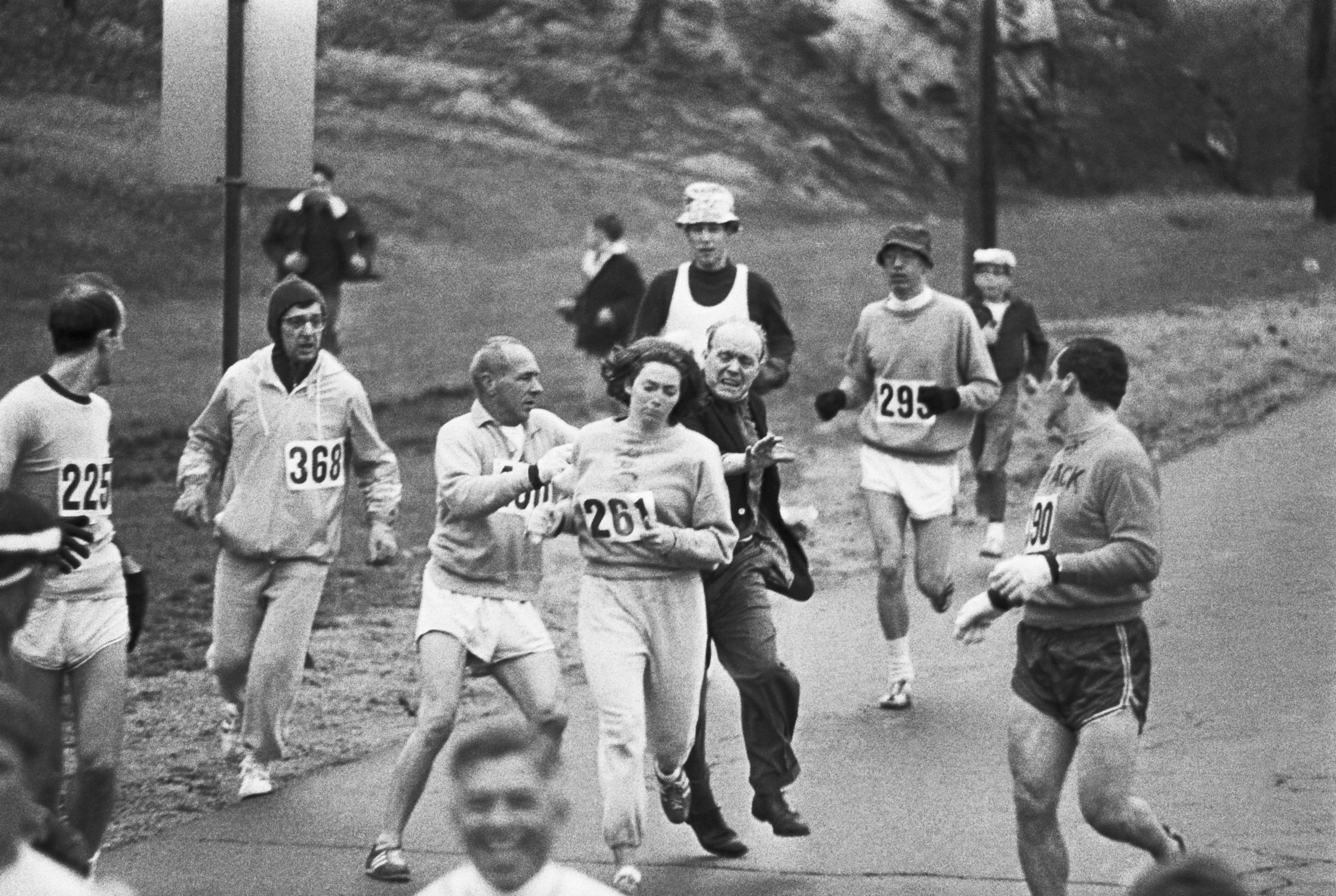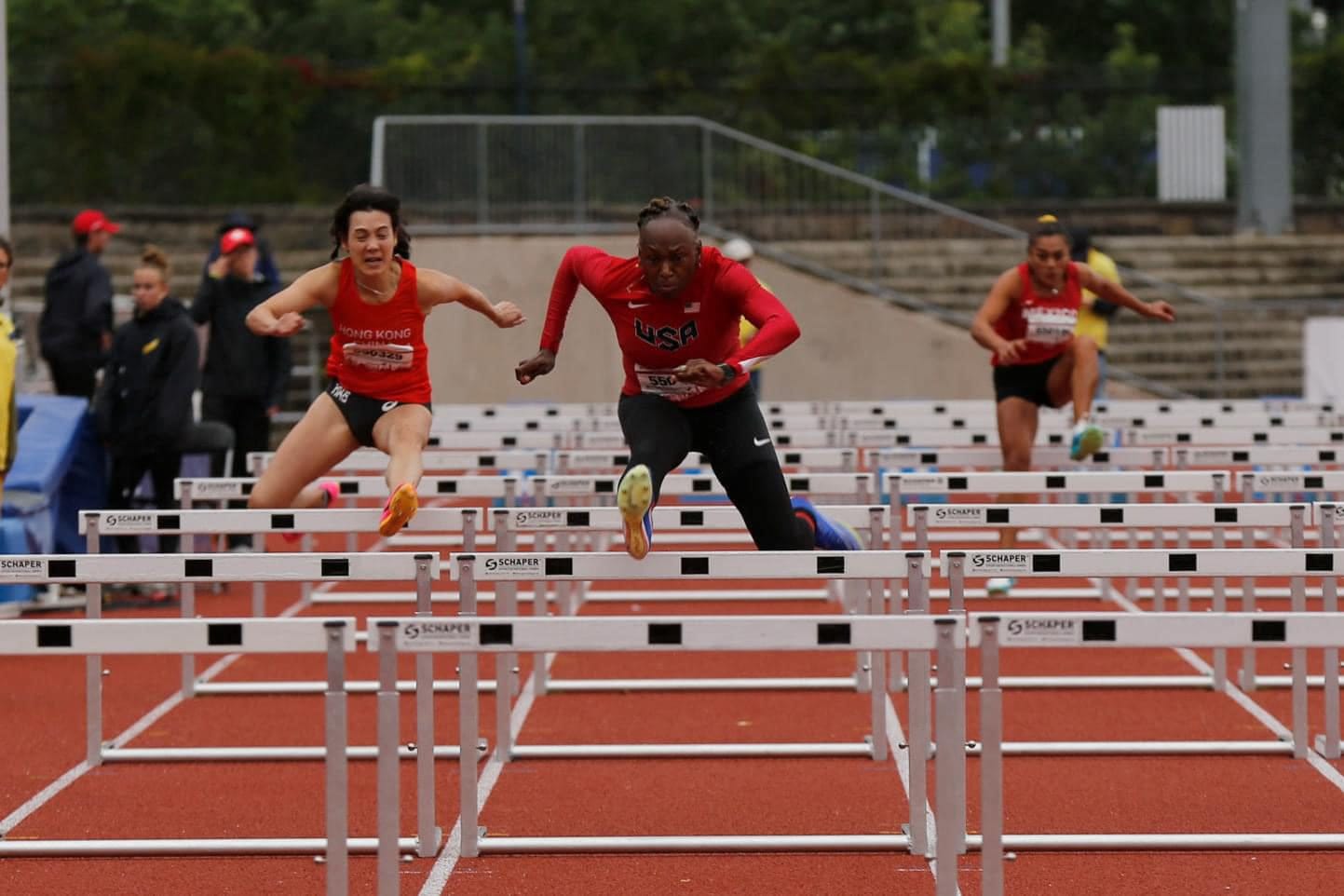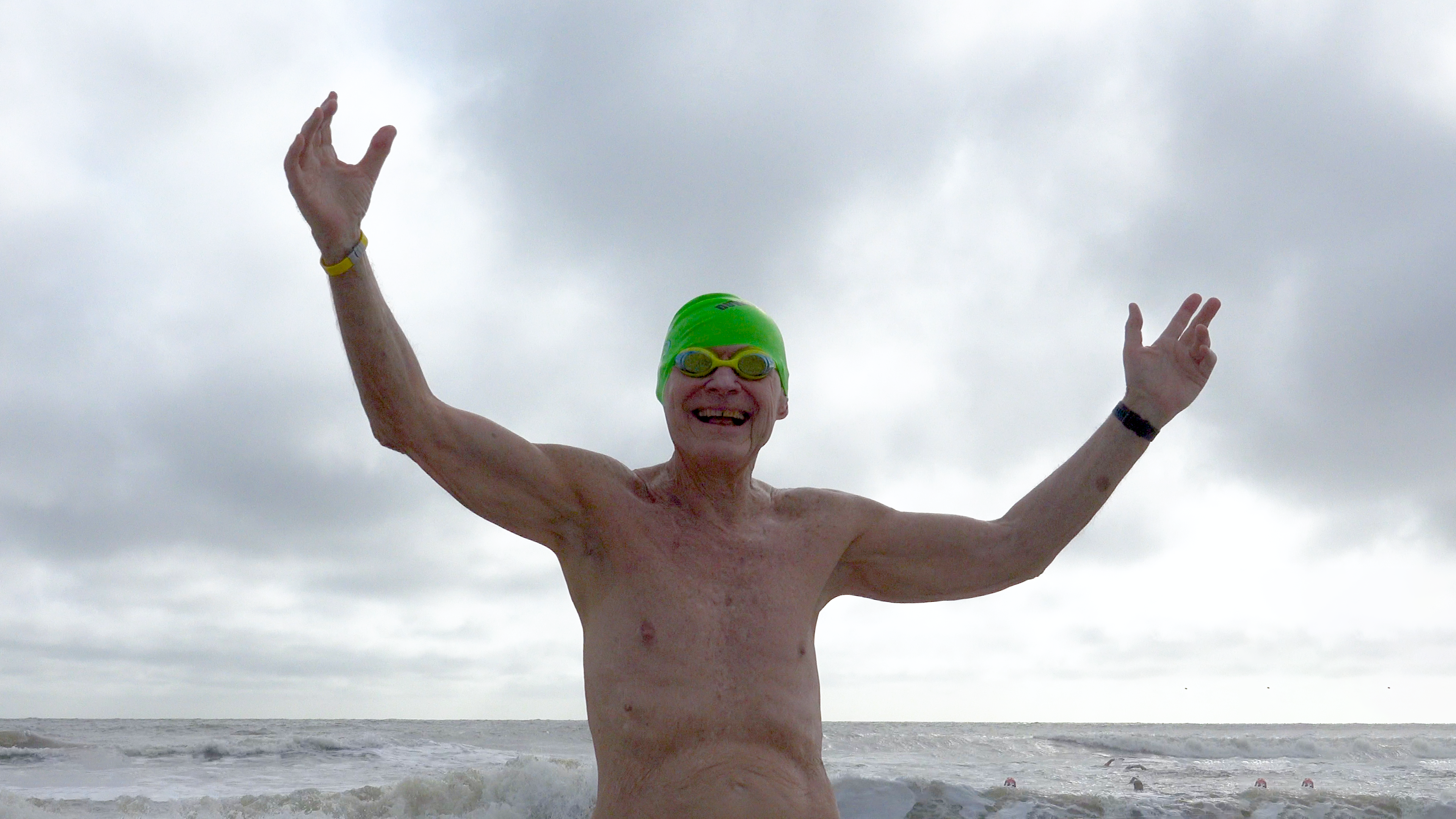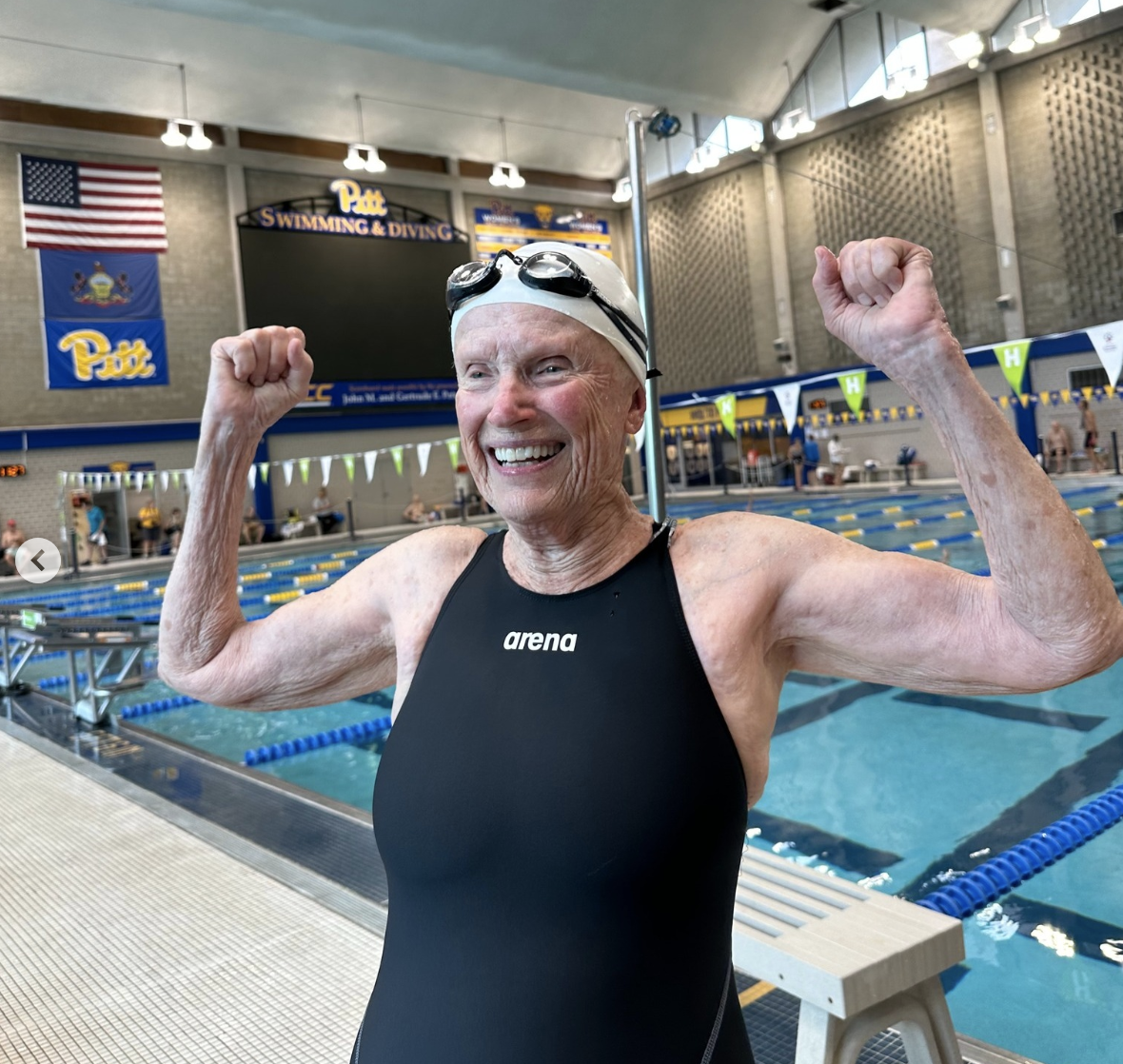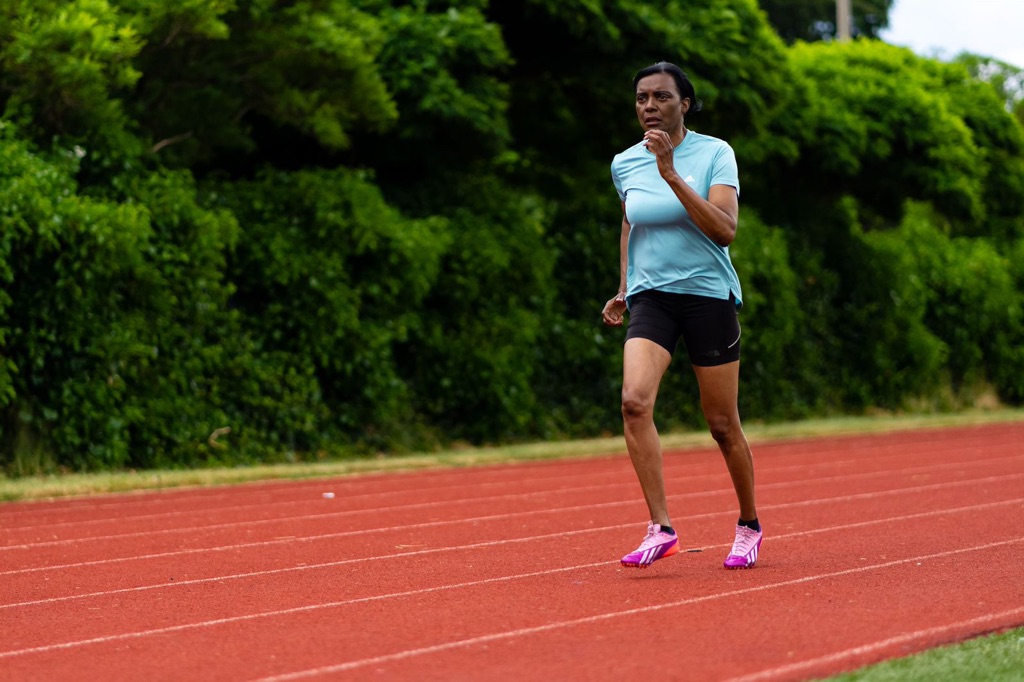Kathrine Switzer was a 20-year-old college student when she registered to run the 1967 Boston Marathon, her first marathon. Early in the race, race director Jock Semple charged onto the course and tried to physically rip off her bib number and remove her from the competition. Kathrine’s boyfriend pushed him out of the way and despite taunts from media to quit because she was female, Switzer finished the race.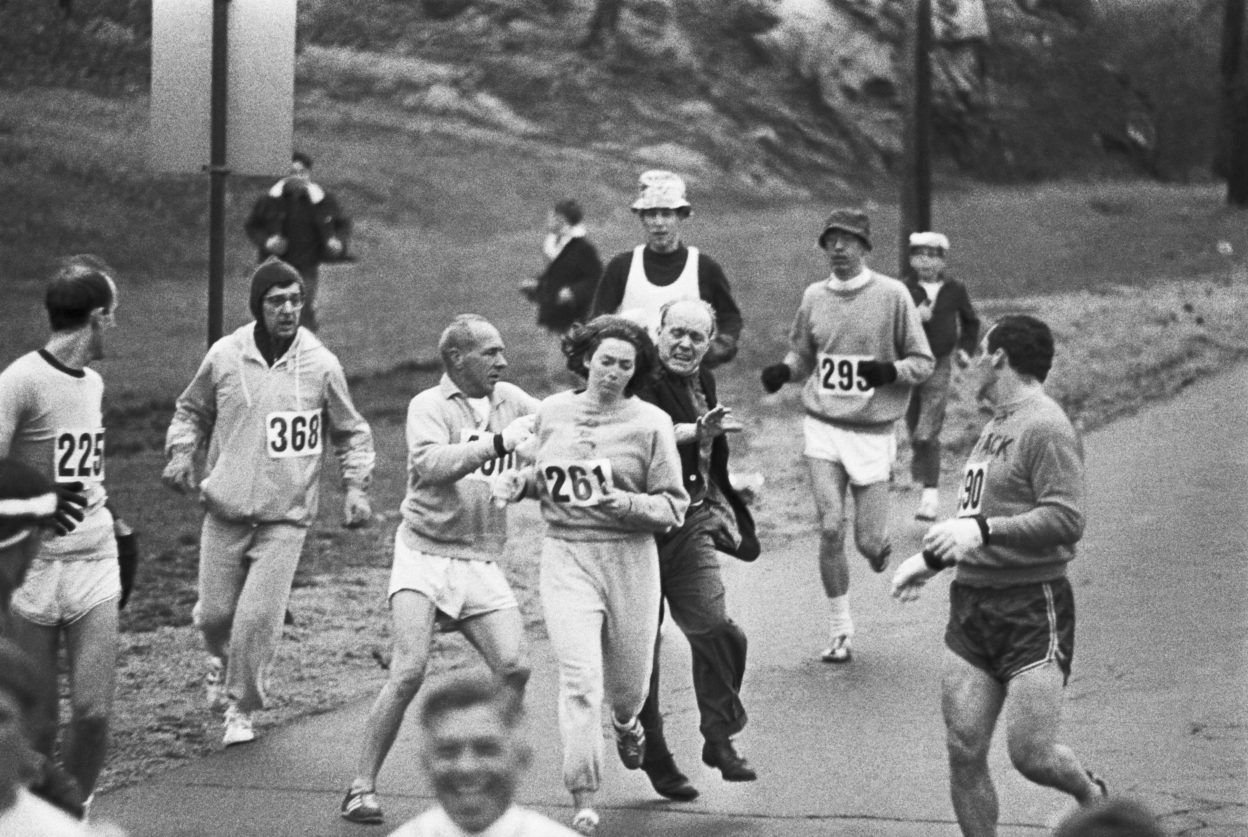
“That’s what everybody wanted me to do, was to quit. So, I really, really had to finish,” Switzer said.
She finished the race, becoming the first woman to officially register and run in the Boston Marathon, a groundbreaking moment in American history.
“I was only 20. I often say that when I first ran that Boston Marathon, I started it as a girl, but I finished it as a grown woman, because it gave me a real life plan. And that life plan was to somehow create opportunities for other women to run, and what a joy it was to spend the rest of my life really doing that.”
Switzer’s efforts helped open official registration for women to run in the Boston Marathon in 1972. In 1977 she established the Avon International Running Circuit — a global series of women’s races that grew to 400 events in 27 countries providing over one million women with the opportunity to run. The global advancement of women running around the world, along with tireless lobbying by Switzer and others, led to inclusion of the women’s marathon for the first time in the 1984 Olympic Games.
Women like Kathrine Switzer and countless others have paved the way for other female athletes to compete today, navigating a sports environment in the time prior to the passing of Title IX. In fact, 2022 marked the 50-year-anniversary of Title IX, which prevents federally-funded programs from discriminating on the basis of sex, opening up competitive sports for girls and women. Growing Bolder celebrates their efforts to level the playing field for all, thanks to events like the National Senior Games, we celebrate those female athletes over the age of 50 who continue to compete today.
Click here to watch our full story on Kathrine Switzer’s incredible life.

